More proactive fiscal policy, moderately loose monetary measures to be taken
Top policymakers pledged on Monday that China would adopt an even more proactive fiscal policy and a moderately loose monetary policy in 2025, as part of broader moves to boost the recovery of the world's second-largest economy and strengthen the living standards of the people.
The pledge came as the Political Bureau of the Communist Party of China Central Committee, the Party's core leadership, met to map out economic priorities and plan anticorruption efforts for next year.
Xi Jinping, general secretary of the CPC Central Committee, presided over the meeting.
Analysts noted that China's policymakers have signaled a greater resolve to stabilize growth, in order to embrace uncertainties next year with enhanced policy measures.
The meeting vowed to roll out more proactive and effective macro policies to boost domestic demand and spur sci-tech innovation, highlighting the need to ensure the stability of stock markets and the real estate sector.
The prevention and defusing of risks in key sectors and external shocks were also stressed by policymakers, aiming to stabilize expectations and stimulate the vigor of the economy.
They also pledged to enrich and improve the policy toolkit, strengthen "unconventional countercyclical adjustments", intensify the coordination of various policies, and make macro regulation more forward-looking, targeted and effective.
Zhang Jun, chief economist of China Galaxy Securities, said the nation's embracing of a "moderately loose monetary policy", a major shift in stance since 2011, could entail greater strides in rate cuts and reductions in the reserve requirement ratio by the People's Bank of China next year.
Meanwhile, an even more proactive fiscal policy could point to a greater emphasis on consumer spending and the real estate sector, Zhang said.
The meeting reaffirmed the importance of lifting consumption and improving investment efficiency, saying that domestic demand should be expanded across the board.
The role of sci-tech innovation must be better harnessed to lead the development of new quality productive forces and develop a modern industrial system, the policymakers said.
They also called for the leveraging of reforms in the economic systems and implementation of landmark reform measures.
China's economy has shown growing signs of recovery in recent months after the central government rolled out wide-ranging stimulus measures since late September.
The official purchasing managers index for the manufacturing sector rose from 50.1 in October to 50.3 in November, remaining above the 50 mark that separates expansion from contraction for the second consecutive month and hitting a seven-month high.
Meanwhile, the Monday meeting also signaled that Beijing will continue to expand high-level opening-up and try to stabilize foreign trade and the inflow of foreign investment.
The policymakers also stressed the need to carry out stronger regional strategies to unleash regional development potential, while pledging to take coordinated actions in cutting carbon emissions, reducing pollution and expanding green initiatives.
They required steps to scale up measures in guaranteeing and improving public well-being to bolster the stronger senses of gain, happiness and security for the people.
Monday's meeting was held three days after the CPC Central Committee held a symposium to solicit advice from non-CPC personages on the economic performance and economic priorities for next year.
While presiding over the meeting on Friday, Xi said it is of paramount importance to firm up confidence, adding that the Chinese economy remains on a firm footing, underpinned by abundant advantages, strong resilience and vast potential.
The fundamental drivers and long-term positive trajectory of the economy remain unchanged, he explained.
He stressed that achieving next year's economic goals would require the concerted efforts and hard work of the entire Party and society.
Anti-graft drive
The fourth plenary session of the 20th Central Commission for Discipline Inspection of the Communist Party of China will be held from Jan 6 to 8 next year, according to a decision made at a key Party meeting on Monday.
The meeting of the Political Bureau of the CPC Central Committee signaled that the Party will continue with its unrelenting momentum in fighting corruption and advance the anti-corruption campaign with greater depth and intensity next year.
The top anti-graft body is set to include the implementation of major reform initiatives in the scope of inspections to ensure reforms progress smoothly under rigorous scrutiny, said a statement issued after the meeting.
The anti-graft campaign will continue to tackle corruption and misconduct at the grassroots level, ensuring that the benefits of reform and development are distributed more equitably among the people, the policymakers said.








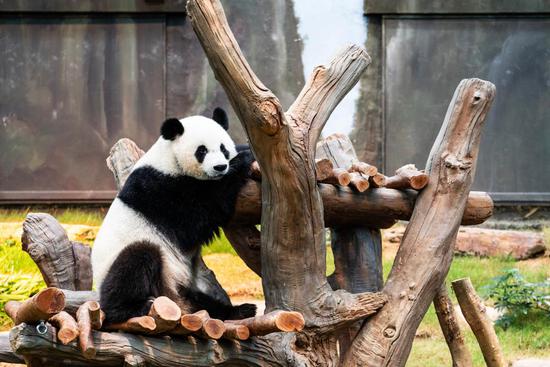

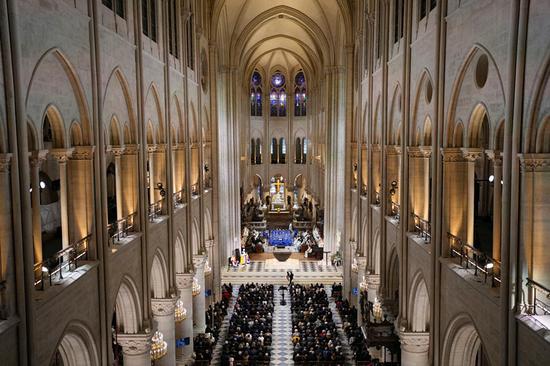

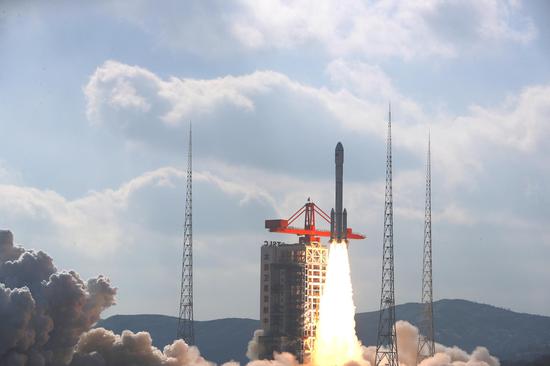



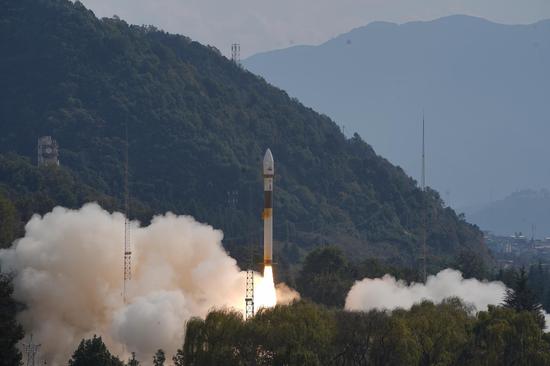
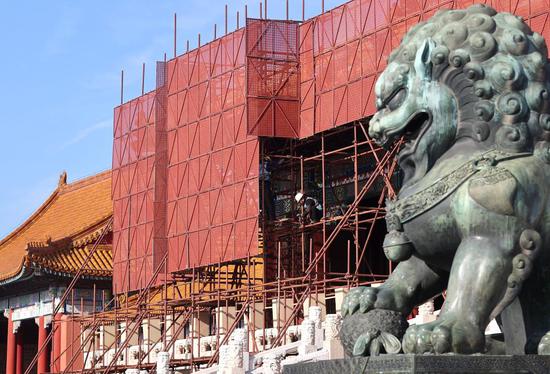
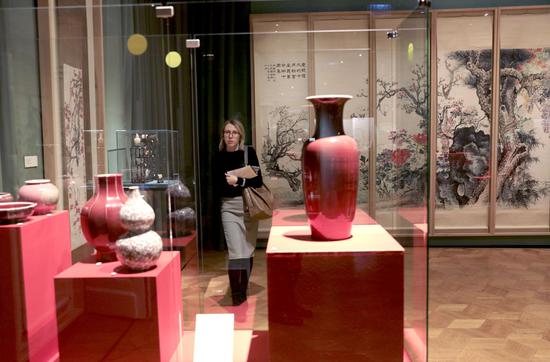
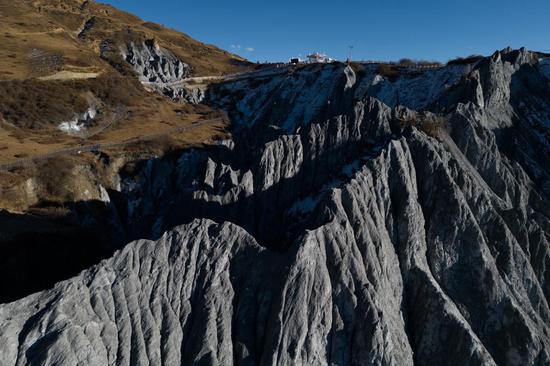

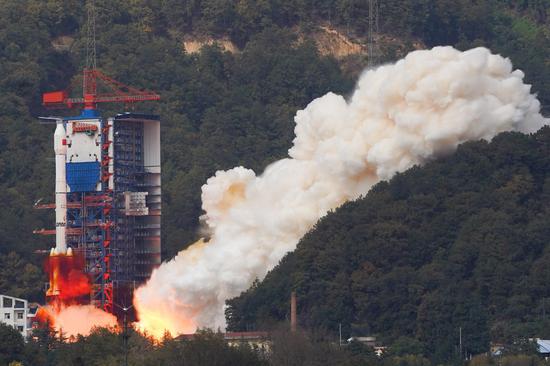
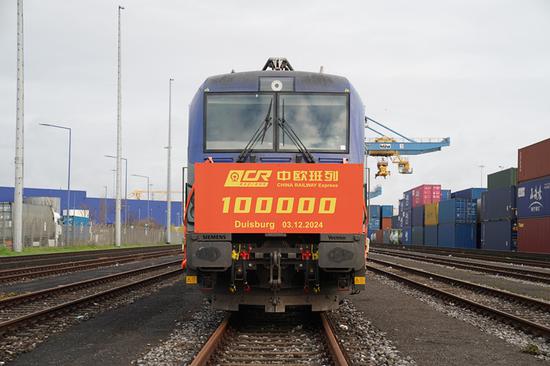
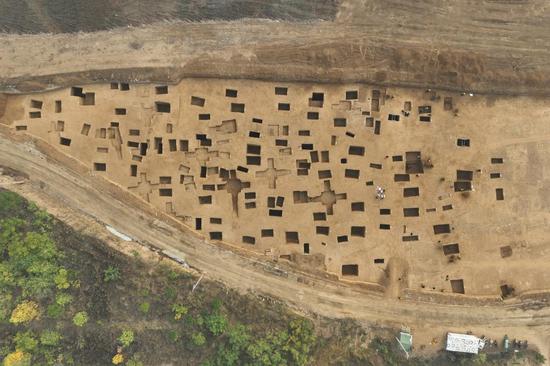
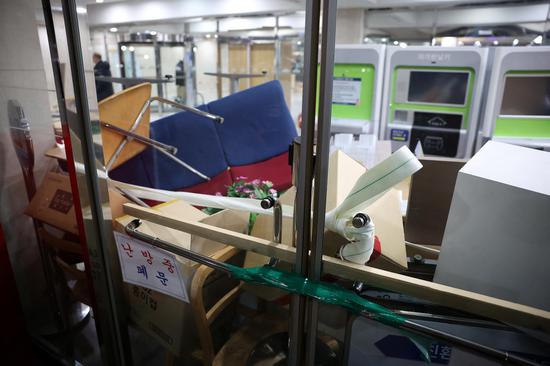
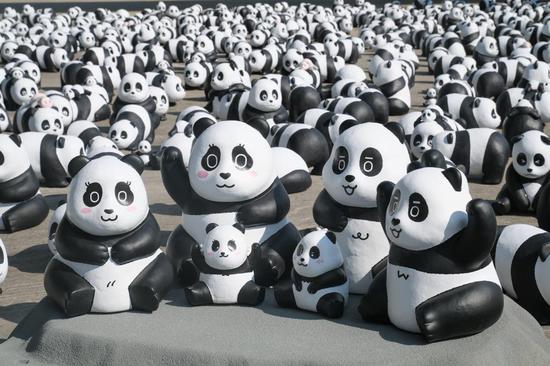



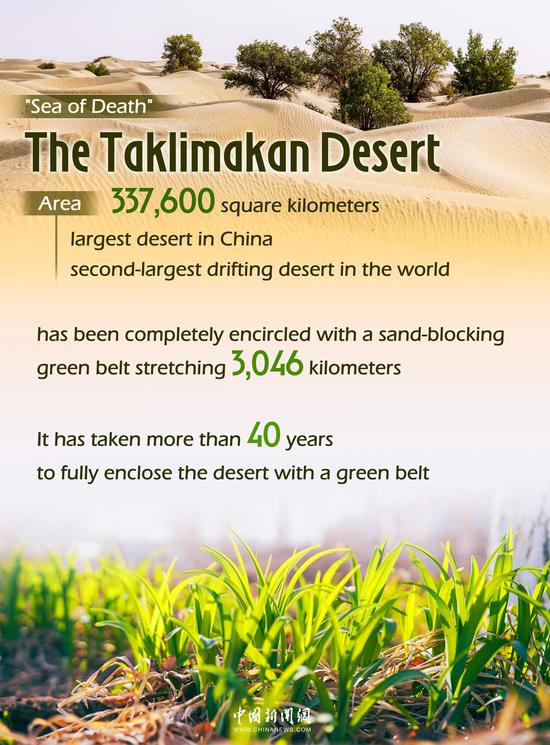
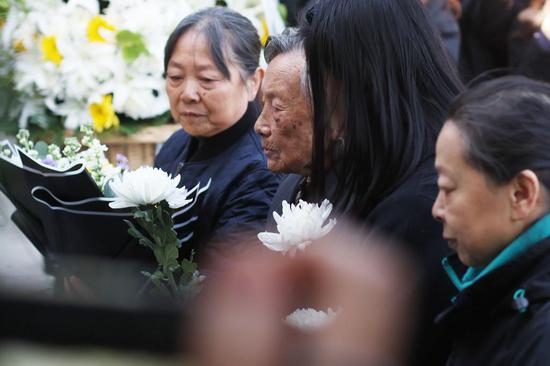

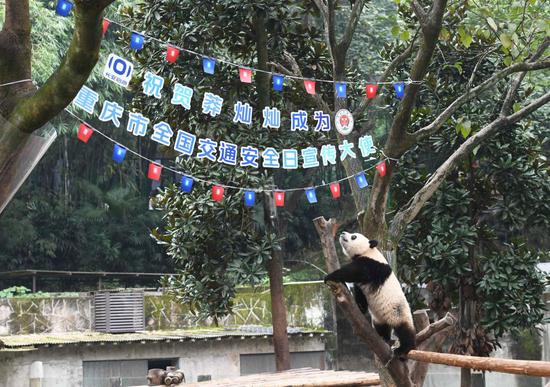
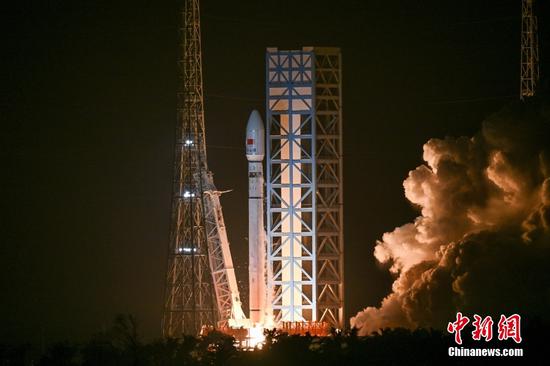

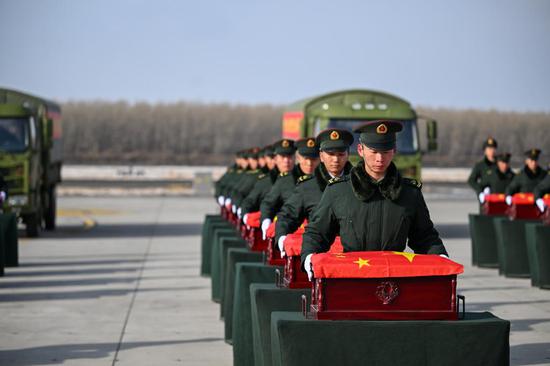
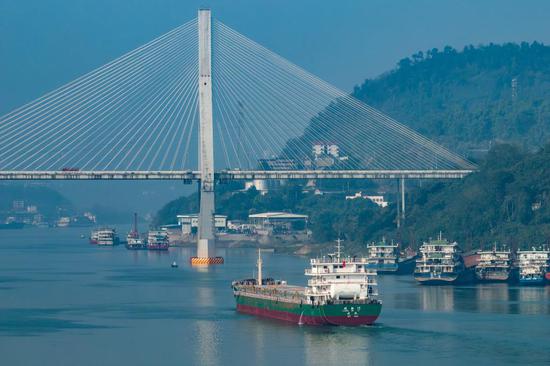
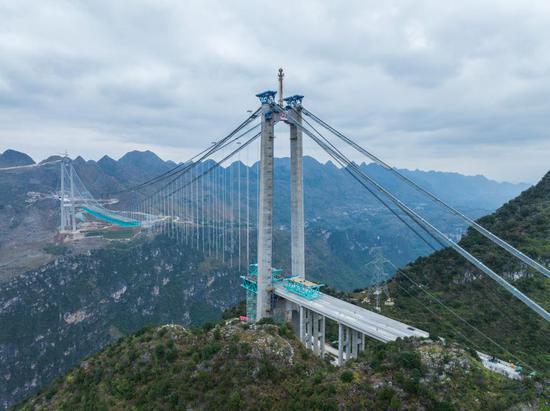

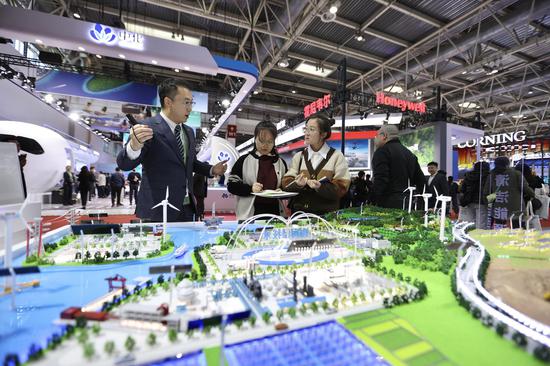
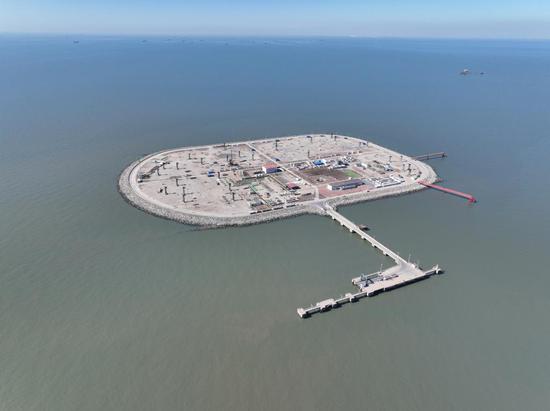

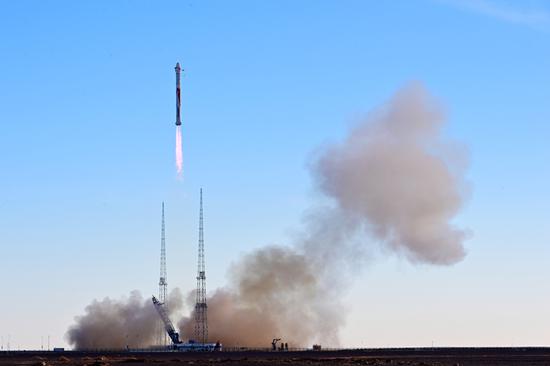
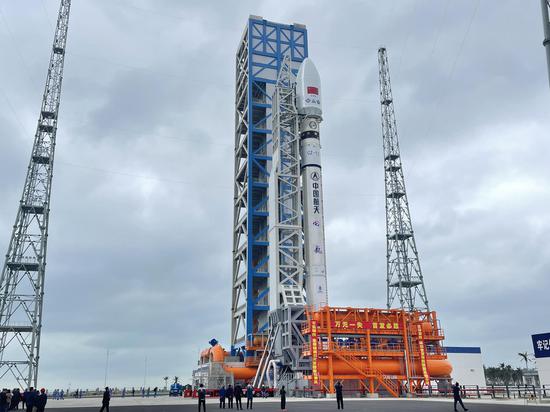
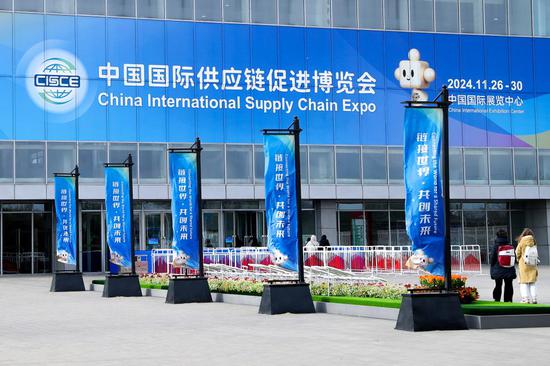

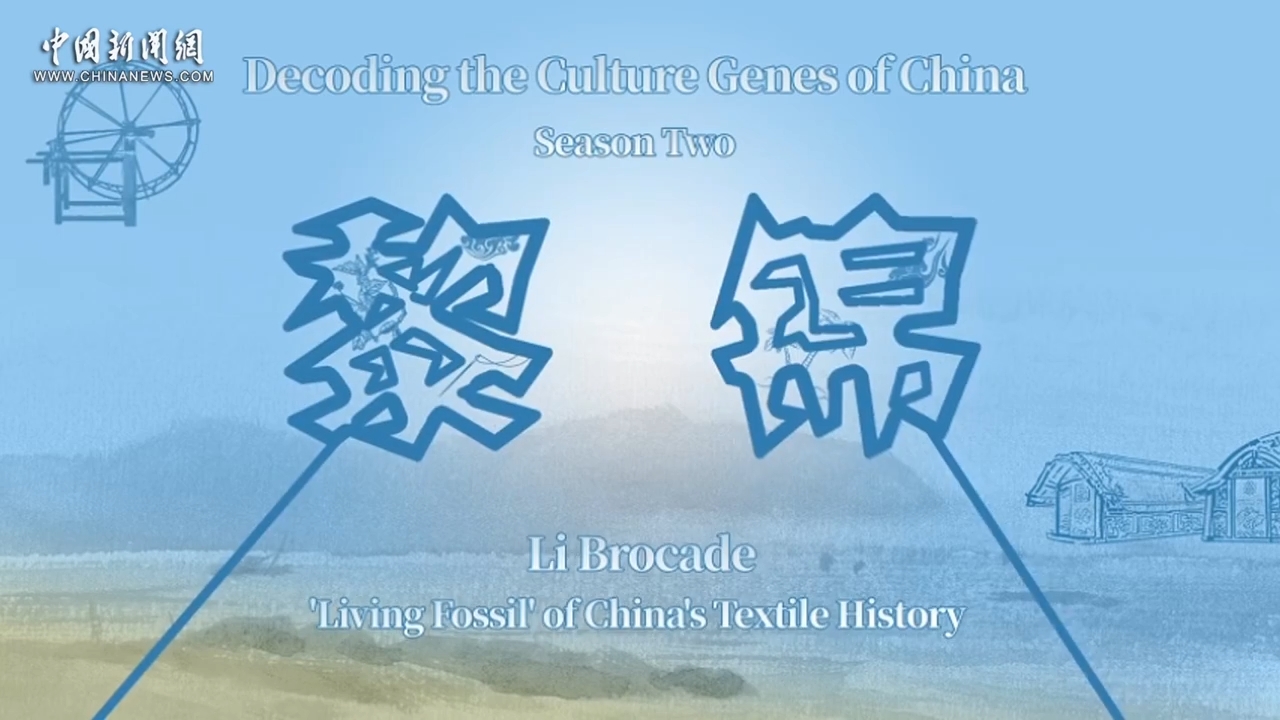



 京公网安备 11010202009201号
京公网安备 11010202009201号